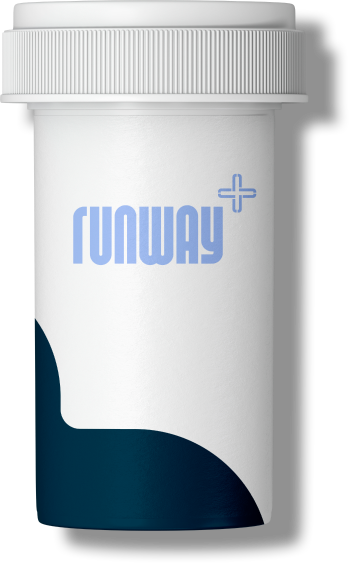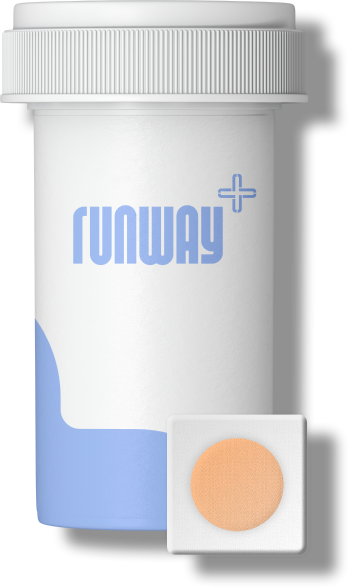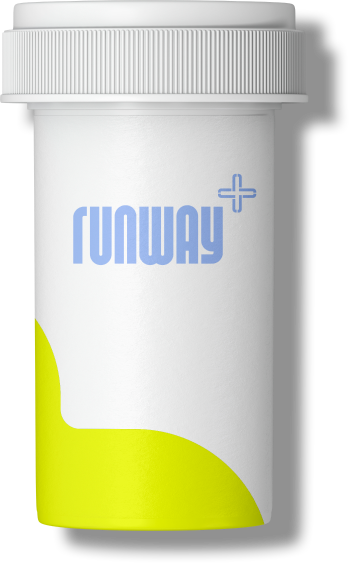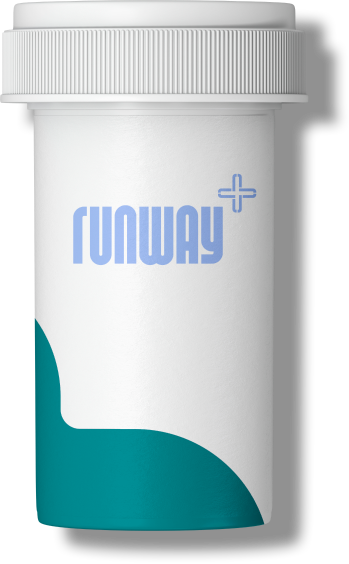Travel Health Guide
Rwanda
Majestic rainforests and heartwarming culture. Indulge yourself in the local customs and wildlife experiences of the country, from the friendly people of Kigali to the magnificent Silverback Gorillas in the Volcanoes National Park. Use this guide as your travel wellness advisor to stay healthy in Rwanda.
Travel Health Guide
Rwanda
Majestic rainforests and heartwarming culture. Indulge yourself in the local customs and wildlife experiences of the country, from the friendly people of Kigali to the magnificent Silverback Gorillas in the Volcanoes National Park. Use this guide as your travel wellness advisor to stay healthy in Rwanda.
Rwanda Travel Checklist
At Runway, we're looking to empower the traveler with information, resources and access to prescription travel medication. Runway Health Guides are compiled from government sources, local authorities and vetted by a team of licensed travel physicians. From vaccine requirements to medication recommendations, here’s everything you need to know.
Vaccine Entry Requirements For Rwanda
Yellow Fever
If traveling directly from the US, Rwanda does not require any vaccines to enter.
If your itinerary includes a visit to or a 12+ hour layover in another country before arrival in Rwanda, such as Kenya or Uganda, a Yellow Fever vaccine and proof of vaccination may be required to enter. To see if you are stopping in a Yellow Fever Endemic country before arrival, click here:
Most travelers get these
when traveling from the US to Rwanda
Vaccines
Covid 19
Childhood Vaccinations
- Chickenpox
- Diphtheria – Tetanus – Pertussis
- Flu (Influenza)
- Measles – Mumps – Rubella (MMR)
- Polio
- Shingles
- Hepatitis A
- Hepatitis B
Medications
Malaria Medication
is recommended for most traveling to Rwanda, as transmission of malaria is high throughout the country, including Kigali, Volcanoes National Park, Nyungwe Forest National Park, Lake Kivu, and Akagera National Park. Plan ahead- you may have to start taking medication for several days before and after you travel to ensure that it is effective.
Altitude Sickness Medication
if visiting regions with high elevation (>8000 ft above sea level), such as Virunga Mountains (spanning from Volcanoes National Park to Nyungwe National Park). It is good to keep altitude sickness medication on hand to prevent the headaches, dizziness, and dehydration that can set in within 6-24 hours of arrival in-country.
Traveler’s Diarrhea Antibiotics
to alleviate an intestinal infection resulting from eating or drinking contaminated food or water. It is the most common travel-related illness and can occur anywhere, but the highest-risk destinations are in Asia, Africa, Mexico, Central and South America, and the Middle East.
Not sure what you need?
One of our licensed U.S. physicians can help. Get started with a short online questionnaire.
Some travelers get these
when traveling from the US to Rwanda
Vaccines
Typhoid
if you are visiting rural or remote areas or enjoying an extended stay in the country.
Rabies
may be considered if planning activities that involve direct contact with animals or wildlife – ie. wild camping, cave exploring, or fieldwork in rural areas. As a rule, we recommend avoiding interaction with animals – even domestic pets may carry diseases.
Medications
Motion Sickness Medication
will ensure your travels by air, land or sea are more enjoyable without nausea and dizziness tagging along.
Sleep Aids
may be a great addition to your packing list if you struggle with jet lag or sleeplessness due to travel stress or time zone changes.
Travel Checklist
At Runway, we're looking to empower the traveler with information, resources and access to prescription travel medication. Runway Health Guides are compiled from government sources, local authorities and vetted by a team of licensed travel physicians. From vaccine requirements to medication recommendations, here’s everything you need to know.
Yellow Fever
If traveling directly from the US, Rwanda does not require any vaccines to enter.
when traveling from the US to Rwanda
Vaccines
Covid 19
Childhood Vaccinations
- Chickenpox
- Diphtheria – Tetanus – Pertussis
- Flu (Influenza)
- Measles – Mumps – Rubella (MMR)
- Polio
- Shingles
- Hepatitis A
- Hepatitis B
Medications
Malaria Medication
is recommended for most traveling to Rwanda, as transmission of malaria is high throughout the country, including Kigali, Volcanoes National Park, Nyungwe Forest National Park, Lake Kivu, and Akagera National Park. Plan ahead- you may have to start taking medication for several days before and after you travel to ensure that it is effective.
Altitude Sickness Medication
if visiting regions with high elevation (>8000 ft above sea level), such as Virunga Mountains (spanning from Volcanoes National Park to Nyungwe National Park). It is good to keep altitude sickness medication on hand to prevent the headaches, dizziness, and dehydration that can set in within 6-24 hours of arrival in-country.
Traveler’s Diarrhea Antibiotics
to alleviate an intestinal infection resulting from eating or drinking contaminated food or water. It is the most common travel-related illness and can occur anywhere, but the highest-risk destinations are in Asia, Africa, Mexico, Central and South America, and the Middle East.
when traveling from the US to Rwanda
Vaccines
Typhoid
if you are visiting rural or remote areas or enjoying an extended stay in the country.
Rabies
may be considered if planning activities that involve direct contact with animals or wildlife – ie. wild camping, cave exploring, or fieldwork in rural areas. As a rule, we recommend avoiding interaction with animals – even domestic pets may carry diseases.
Medications
Motion Sickness Medication
will ensure your travels by air, land or sea are more enjoyable without nausea and dizziness tagging along.
Sleep Aids
may be a great addition to your packing list if you struggle with jet lag or sleeplessness due to travel stress or time zone changes.
Build Your Plan
Treatments
Malaria Prevention
Motion Sickness
Sleeplessness
Altitude Sickness
Traveler’s Diarrhea
Not sure what you need? Chat with a clinician today.

Runway offers travelers like you, the medications you may need before you go.











